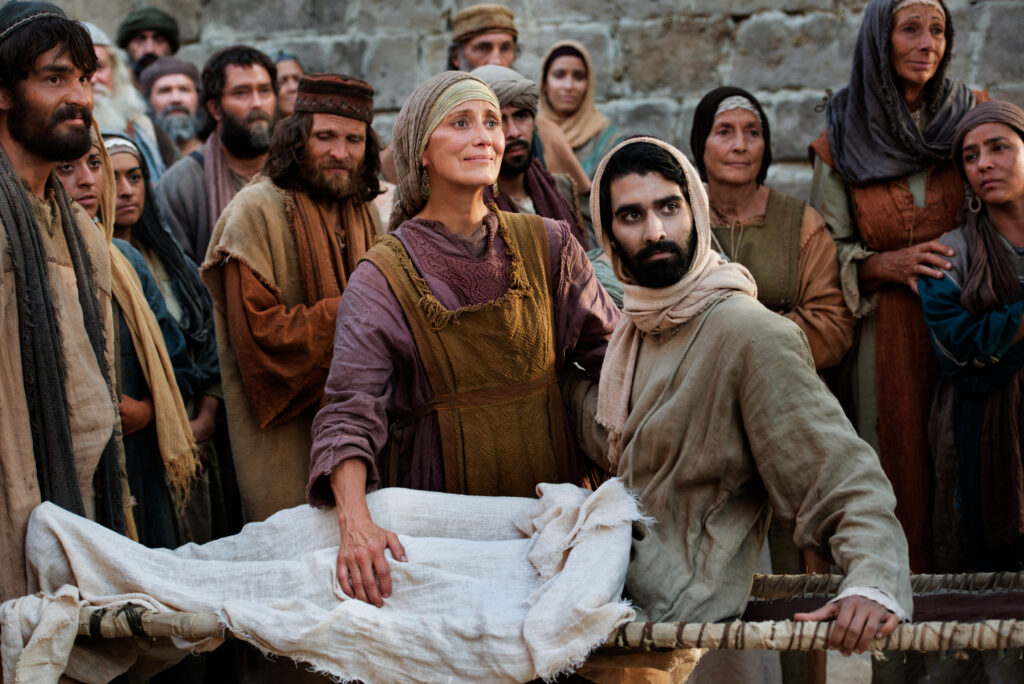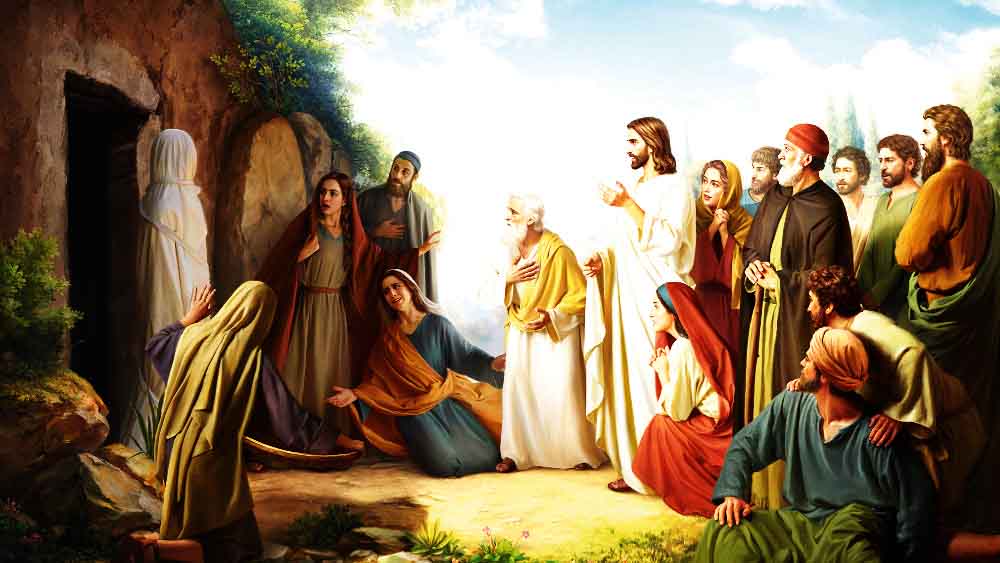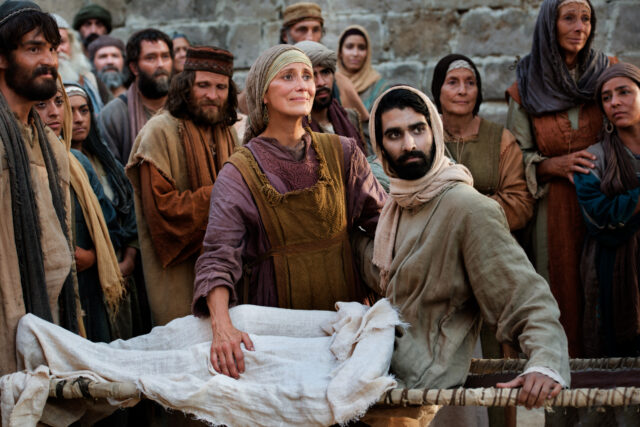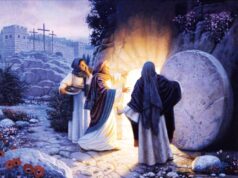By Rev Moses Agaba
According to Scriptures, during His time on Earth, Jesus did raise the dead only three times. These include the daughter of Jairus, the son of the widow of Nain, and Lazarus.
Each of these cases has its special characteristics and instruction.

Jairus’ daughter
The daughter of Jairus had, but just died when the Lord entered the chamber and turned the weeping of the night into the joy of the morning.
Jesus went to the house of Jairus at the earnest request of the sorrowing father.
It was faith, so to speak, laying hold of the heart of Christ, and constraining Him to answer its appeal.
It was the heart of Christ delighting to meet the need of one who in all confidence, was casting his burden of sorrow upon Him. What a consolation!
The widow’s son
There was no appeal from the widow of Nain. Whatever her sorrows, exercises and desolation were, they are all unrevealed, save for her circumstance.
They are left to be gathered from the statement: “The only son of his mother, and she was a widow.”
However, that small statement is sufficient enough to portray a living picture of unequaled sorrow and heart-breaking grief.
“When the Lord saw her, He had compassion on her, and said unto her, ‘Weep not’” (Luke 5:13).
As noted above, this poor widow made no appeal to Christ. Her total bereavement constituted her appeal.

The Lord saw her, estimated as no other could, the depth of her need, and, moved by His own heart, He went to her relief.
Surely, it should be of comfort to all that He who, when He saw the widow of Nain following the loss of her only son, had compassion on her, always has the same compassion for our grief.
Lazarus
The case of Lazarus differs from both the widow of Nain and Jairus’ daughter. There was not much faith in the heart of Martha, or even in Mary, like Jairus had.
They had faith, but it only embraced the power of Christ to raise one from sickness.
Both said: “Lord, if thou hadst been here, my brother had not died” (John 11:21-32).
Nor did the Lord, as in the case of the widow of Nain, act from His own heart. In otherwards, He refused the appeal to His affections.
The message of the sisters was: “Lord, behold, he whom Thou lovest is sick.” But still the Lord refused the motive presented.
It says, “When He had heard, therefore, that he was sick, He abode two days still in the same place where He was.”
Why delay? It was not, as we have seen, that He had no heart for Lazarus. It was because the sickness of Lazarus was not to end in death, but for the glory of God, that the Son of God might be glorified.
And in coming down to this scene, He came not to do His own Will, but that of Him who sent Him (John 6:38).
He would not, therefore, act at the promptings of His own heart, because He had taken the place of obedience, and thus waited for the Father’s Word before He responded to the appeal.
Allowing death to come in first, not only was for the glory of God, but also for Christ Himself to be glorified.

The meaning
These three different motives for the Lord’s action may in one way or another, be connected.
If we begin from man’s side, as presented in Jairus, we see that it is faith that lays hold and secures the intervention of His power on our behalf.
If we look at His side in relation to ourselves, we learn that it is His heart which moves His arm of power to answer to our cries.
The son of the widow of Nain also speaks of Israel’s moral condition.
Morally, Israel was dead and, as such, beyond hope, save for the intervention in the grace of resurrection power — a power unknown to the ordinances of the law.
Israel then must be the object of sovereign grace and mercy equally with the Gentile. (Compare Romans 11:30-32).
Lazarus typifies, in like manner, the state of Israel, as indeed the state of man as displayed in Israel.
The Jews plotted for the death of Jesus. They had displayed the murderous enmity of their hearts against Him as the Son of God (John 10:33-36).
It was consequently all over with them as a nation, and death as the fruit of their sin, is displayed in Lazarus.
They had sought to stone Christ as the Son of God; God testifies to Him in this character in the resurrection of Lazarus.
Moreover, if Israel is dead, the question is: Can these dry bones live? If so, it can only be by the sovereign exercise of resurrection power in grace.






















